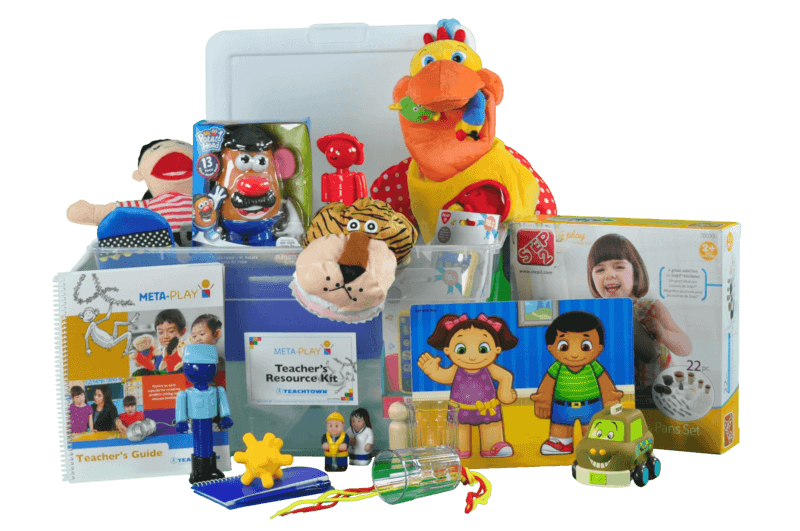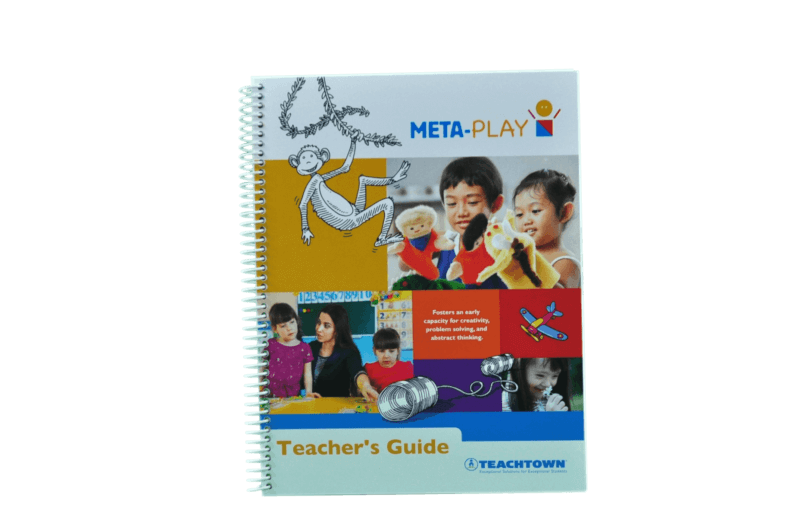Where to Start: Meta-Play activities do not need to be completed sequentially, however lessons within each activity should be completed in order. Each lesson plan builds on previous learning objectives and scaffold instruction, making each lesson within the activity more difficult. Pick activities that are most appropriate for your learners developmental ability and are likely to motivate your learner.
Lesson Delivery: Lessons can be delivered one-on-one, in small groups, or using peers. When needed and appropriate, begin lessons one-on-one and gradually increase the number of learners to promote incidental learning and age-appropriate reciprocal interactions. Each lesson is intended to last 15-20 minutes, however based on engagement and motivation can be expanded.
Scheduling: It is recommended that lessons are implemented daily. By scheduling the Meta-Play daily, learners will have frequent repetition of instruction and the likelihood of skill development increases substantially. Learners should be familiar with and motivated to engage with the Meta-Play lessons and materials.
Establishing a Supportive Environment: It is important to create and foster a supportive learning environment. When possible, eliminate distractions, provide barriers, and provide ample visual supports. Provide access to age-appropriate and motivating materials. If needed, provide visual schedules, first-then boards, and token economies to increase engagement and motivation.
Enhancing Generalization: Activities and lessons within the curriculum should be implemented with various educators, therapists, familiar adults, peers, and parents/guardians. Additionally, substitute Meta-Play materials for other items in the natural setting (i.e., toys, common objects) to promote skill generalization across stimuli.



 Defining the Behavior
Defining the Behavior